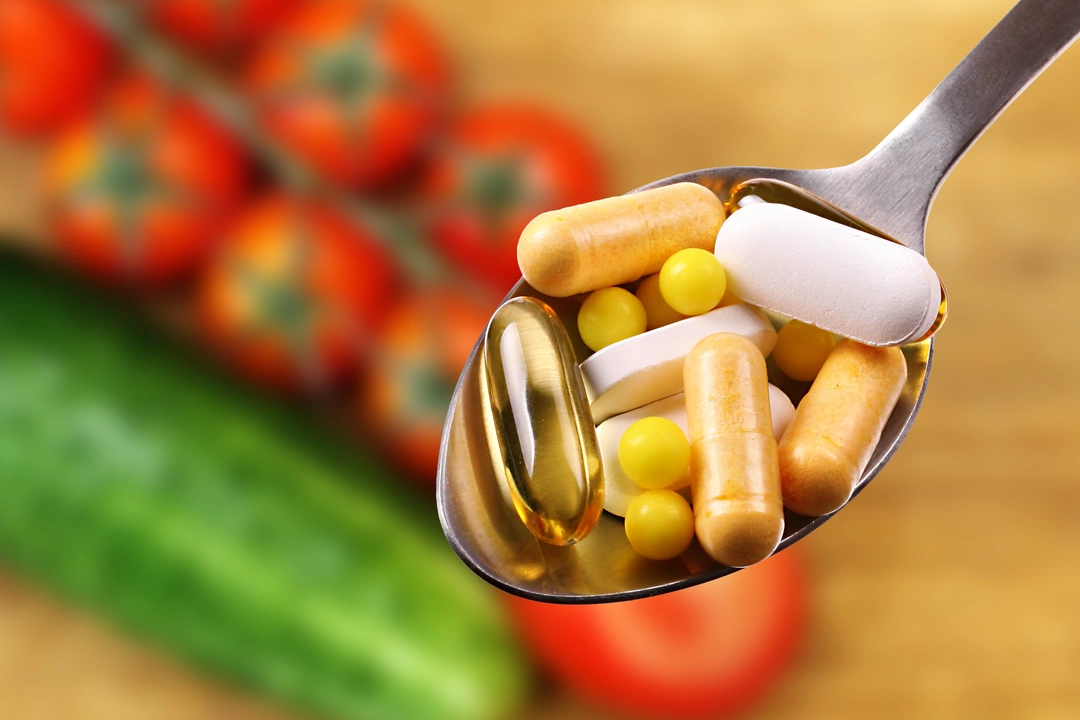Nutritional Supplements That Help Your Fertility Journey
If you’re trying to conceive, the right nutrients can make a real difference. Certain vitamins and minerals support hormone balance, egg quality, and sperm health. Adding the right supplements isn’t magic, but it does give your body extra tools for success.
Top Supplements to Consider
Folic Acid – The classic IVF starter. A daily 400‑800 µg dose lowers the risk of neural tube defects and helps cell division. Most doctors recommend it before you even think about getting pregnant.
Iron & Vitamin C – Iron prevents anemia, which can affect ovulation. Pairing iron with vitamin C improves absorption, so a combo pill or a food‑rich snack (like orange slices with spinach) works well.
Vitamin D – Low levels are linked to poor fertility outcomes. A simple blood test tells you if you need 1,000–2,000 IU per day. Sunshine helps, but many people still need a supplement.
Omega‑3 Fatty Acids – EPA and DHA support hormone production and reduce inflammation. Fish oil capsules (or algae‑based ones for vegans) at 1,000 mg daily are a common choice.
Coenzyme Q10 (CoQ10) – This antioxidant may improve egg quality, especially after age 35. Doses range from 200 mg to 600 mg; talk to your doctor before starting.
How to Choose Safe Products
First, check the label for third‑party testing (USP, NSF, or ConsumerLab). Those seals mean an independent lab verified what’s inside.
Avoid “mega‑doses” unless a doctor prescribes them. More isn’t always better and can cause side effects – too much iron, for example, can be toxic.
Look at the expiration date and storage instructions. Some vitamins degrade in heat or light, so keep them in a cool, dry place.
If you have any medical conditions (thyroid issues, PCOS, diabetes) or take prescription meds, run your supplement list by a healthcare professional. Interactions can happen – calcium can lower the absorption of certain antibiotics, for instance.
Lastly, start slow. Introduce one new supplement at a time and note how you feel. That way you can spot any adverse reactions quickly.
Putting these steps together gives you a practical plan: get tested, pick quality‑checked products, follow doctor guidance, and track your body’s response. The goal isn’t to replace a balanced diet but to fill gaps that might slow down conception.
Remember, supplements are just one piece of the puzzle. Adequate sleep, stress management, and regular check‑ups still matter most. Combine them with these nutrients, and you’ll give your fertility the best possible boost.

The Benefits of Polyethylene Glycol 3350 in Nutritional Supplements
In recent years, I've noticed a growing interest in the use of polyethylene glycol 3350 (PEG 3350) in nutritional supplements. This ingredient has been proven to offer numerous benefits, including improved digestive health and enhanced nutrient absorption. By assisting in the regulation of bowel movements, PEG 3350 contributes to a healthier gut and overall well-being. Additionally, it's been found to have minimal side effects and is considered safe for long-term use. In conclusion, incorporating PEG 3350 into our daily supplements can significantly improve our gut health and help us lead a healthier lifestyle.